NYU Tandon leaps 30 spots in just 10 years in the rankings
The recognition comes as the school shines on multiple fronts
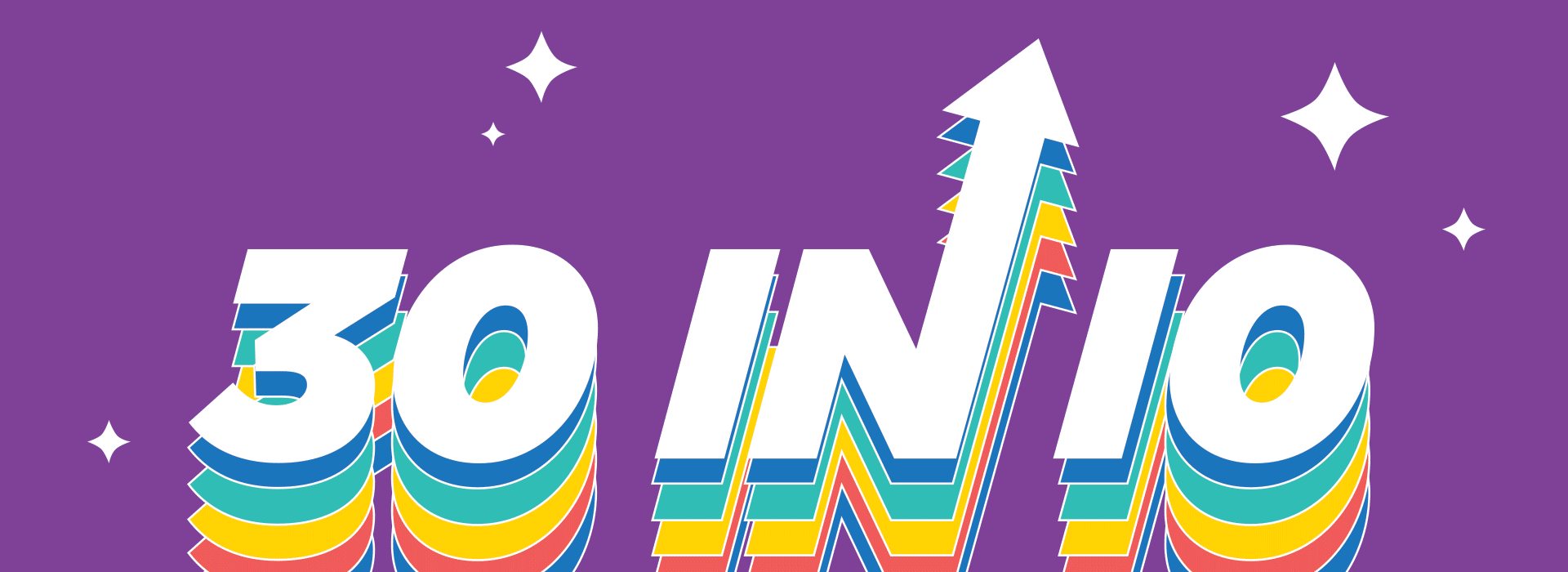
NYU Tandon continues its meteoric rise in the engineering graduate school rankings compiled each spring by U.S. News and World Report. The 2022 rankings, published on March 30, list the school at number 36 — a 30-position leap in just 10 years.
U.S. News & World Report bases its rankings on a variety of metrics, including assessment by potential employers, corporate recruiters, and industry professionals; percentage of faculty in the National Academy of Engineering; and research activity; among other factors. As a result, the list provides valuable information for those concerned about choosing a challenging course of study that will boost their career prospects, as well as for institutions seeking to improve and better serve their students.
“While it’s gratifying to see numerical proof that our hard work is being recognized, it’s more gratifying to reflect on the concrete accomplishments that contributed to the recognition,” said NYU Tandon Dean Jelena Kovačević. “Each faculty member elected to the National Academy of Engineering has years of rigorous research and scholarship to their credit, and every company that emerges from our entrepreneurial network means jobs created and revenue added to the economy, to name just two examples. Really, we’re not simply talking about moving up on an annual list; we’re talking about changing lives and bettering the world.”
The reasons behind the ranking
With the recent announcement that two more of our tenure-track professors had won National Science Foundation (NSF) Faculty Early Career Development Awards, more widely known as a CAREER Award, more than half of our faculty members have received that or a similar young investigator honor. That designation, which indicates that a faculty member has the potential to serve as an academic role model in research and education, is often just the beginning: Tandon can boast a dozen elected fellows of the National Academy of Engineering and several fellows of the National Academy of Inventors, Institute of Electrical and Electronics Engineers, and other professional organizations. Across Tandon, researchers are building a better world by focusing on the vital fields — and intersections between them — that will enable us to engineer creative and smart, connected and secure, sustainable and healthy urban communities.
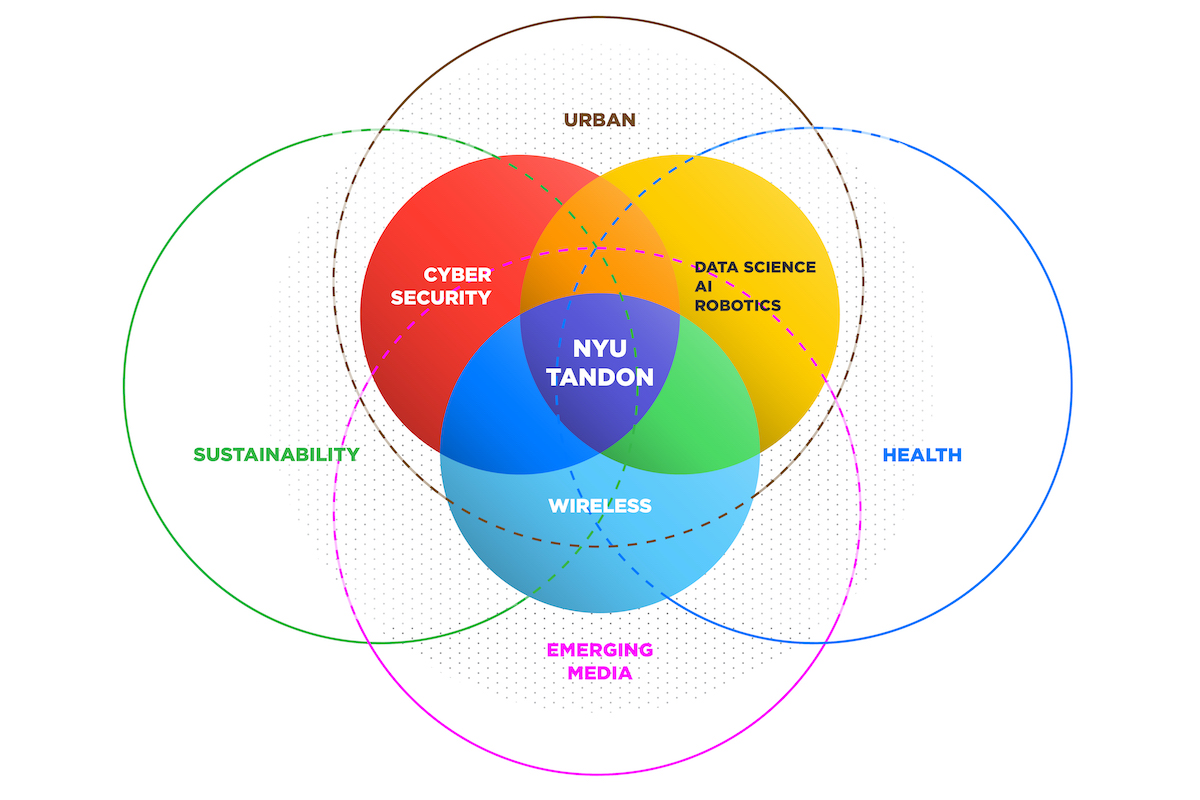
U.S. News & World Report also considers a school’s student body — another area in which Tandon has ample reason for pride. Even National Geographic and Disney+ have paid attention to innovator Daniela Blanco, the top winner of the 2019 Global Student Entrepreneur Awards — no surprise in a school whose startup network has graduated more than 150 companies and contributed more than $4 billion to the NYS economy. Many other students are collaborating with faculty on advancing world-changing research, delivering on the promise of engineered proteins, helping chart the future of the electric vehicle industry; making the world more sustainable, livable, and equitable; and much more. A staggering number of students — 97% — receive job offers or go on to graduate school within 6 months of graduation.
Our faculty and students are helping us redefine what engineering means, inspiring us to make diversity and inclusion a primary objective not just in our culture but in the research we conduct, and proving the importance of thinking unconventionally.
They’re the reason we’re continuing to climb — in ranking, reputation, and real-world impact.
Looking ahead: The next 30 in 10
Our progress so far only makes us more focused on charting a path to an even better future. To celebrate our leap of 30 spots in 10 years, and — more importantly — to honor the incredible work behind the numbers and our continued commitment to transformative research and education, we’re sharing 30 ways we’ll continue to make global urban communities creative and smart, connected and secure, and healthy and sustainable in the next 10 years.
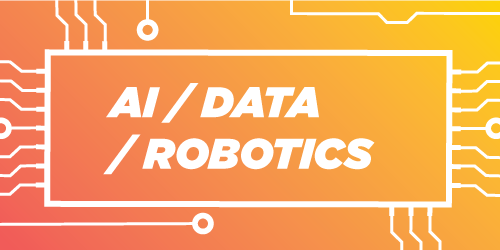
Transformational changes in AI, data science, and robotics
- Make AI more responsible
- Make data work better for democracy
- Make big data easier to visualize
- Make drones team players
- Make robots that can navigate extraterrestrial terrain

Advancements in cybersecurity
- Make software updates safer and more secure
- Make supply chains and 3D printing safe from hackers
- Make misinformation harder to spread
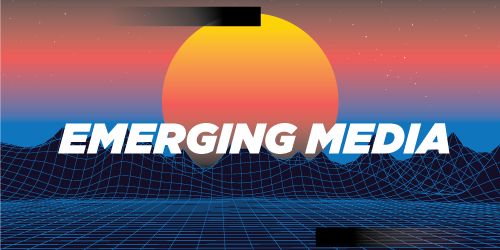
Explorations in emerging media
- Make the next amazing VR experiences
- Make technology more accessible
- Make coding synonymous with creativity
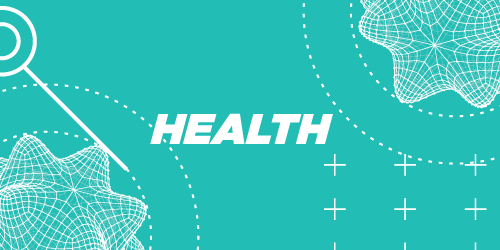
Breakthroughs in the future of health
- Make telehealth services more equitable
- Make healthcare discoveries that can go right from lab bench to bedside
- Make cancer treatment more targeted and effective
- Make it easier to model and track pandemics
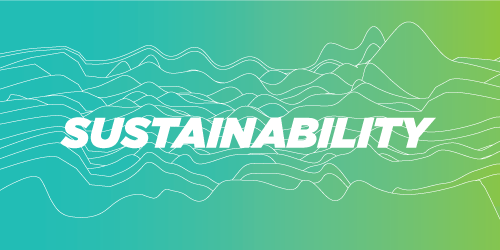
Impactful progress towards sustainability
- Make the power grid work for everyone
- Make chemical manufacturing cleaner
- Make solar cells super-flexible, durable, and efficient
- Make cleantech start-ups market-ready
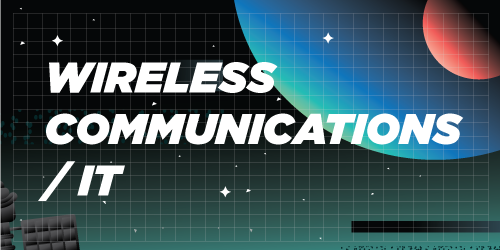
The next evolution of wireless communication and IT
- Make 6G a reality
- Make broadband more available to underserved communities
- Make fast internet more available to all
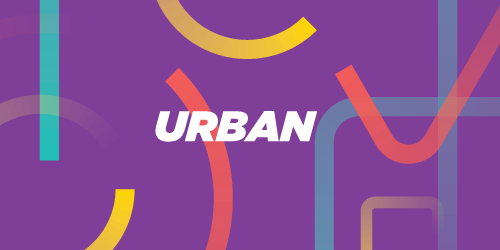
Developments in urban resilience and innovation
- Make cities more sustainable
- Make autonomous vehicles communicate
- Make public transportation systems more efficient & accessible
- Make urban infrastructure resilient against disasters
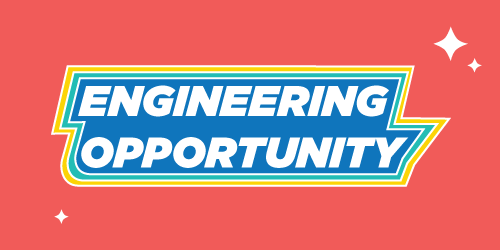
More pathways to opportunity
- Make an online degree even more relevant and accessible
- Make education more hands-on
- Make veterans great entrepreneurs
- Make inclusion a primary objective for both our culture and research